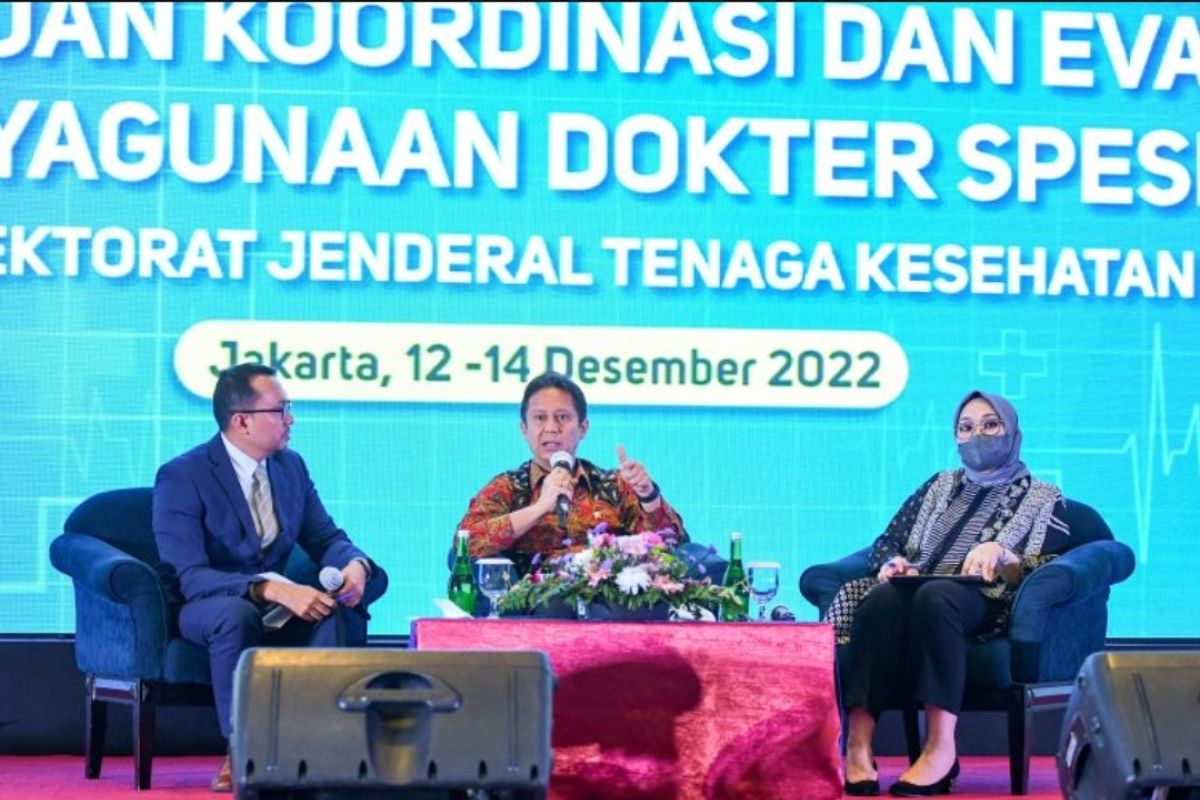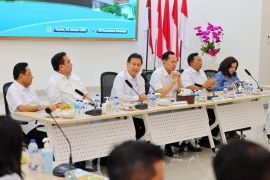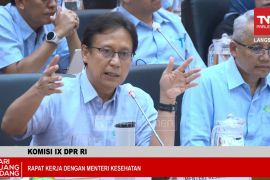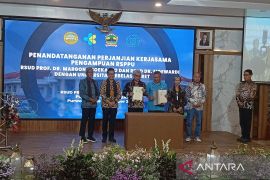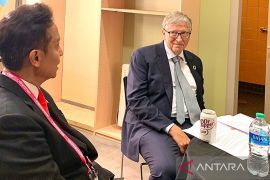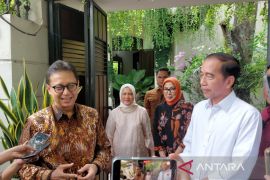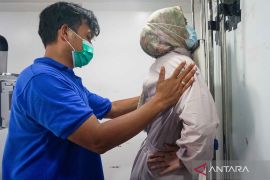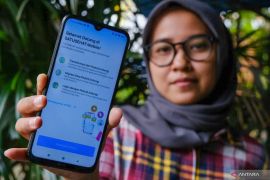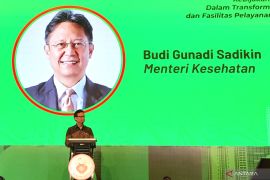We are striving to carry out the attempts so the Indonesian people can get better health services in the future.Jakarta (ANTARA) - The hospital-based medical specialist education system is the government’s latest strategy to increase the number as well as the distribution of specialist doctors across Indonesia, according to Health Minister Budi Gunadi Sadikin.
"Currently, the number of specialist doctors is not adequate to serve the healthcare needs of all Indonesian people. Hence, we need to improve the system," he explained during the “Dialogue on the Coordination and Evaluation of the Deployment of Specialist Doctors” here on Tuesday.
Currently, Indonesia is experiencing a shortage of specialist doctors due to the inadequate number of medical graduates and the uneven distribution of specialist doctors at healthcare facilities across Indonesia, he noted.
According to data from the World Health Organization (WHO), there is one doctor for every one thousand people in Indonesia.
Meanwhile, in developed countries, the ratio is three doctors for every one thousand residents, and some countries are even striving to achieve a ratio of five doctors for every one thousand population.
Hence, the Health Ministry is working to fulfill the demand for doctors in Indonesia through the Academic Health System (AHS) program, which is aimed at ensuring that more general practitioners can get university-based medical specialist education.
The minister said that the participants of the Medical Specialist Education Program (PPDS) taking part in hospital-based medical specialist education may still get paid.
The hospital-based education system does not aim to reduce the number of doctor graduates in the university-based medical specialist education system, but to increase opportunities and the number of specialist doctors, he added.
His ministry is collaborating with the Finance Ministry to increase the number of scholarship recipients for medical specialist education.
In 2023, the government will provide a total of 2,500 scholarships for medical specialists and sub-specialists, including Indonesian students learning abroad.
Sadikin said that the implementation of the newest medical education system is directed at the realization of the government’s fifth pillar of health system transformation, namely the transformation of medical human resources.
"We are striving to carry out the attempts so the Indonesian people can get better health services in the future," he added.
Related news: Papua needs more specialists to improve health services: official
Related news: More specialist doctors proof of healthcare transformation: Minister
Related news: Indonesia needs more dental specialists: dentists' association
Translator: Andi Firdaus, Uyu Liman
Editor: Azis Kurmala
Copyright © ANTARA 2022
